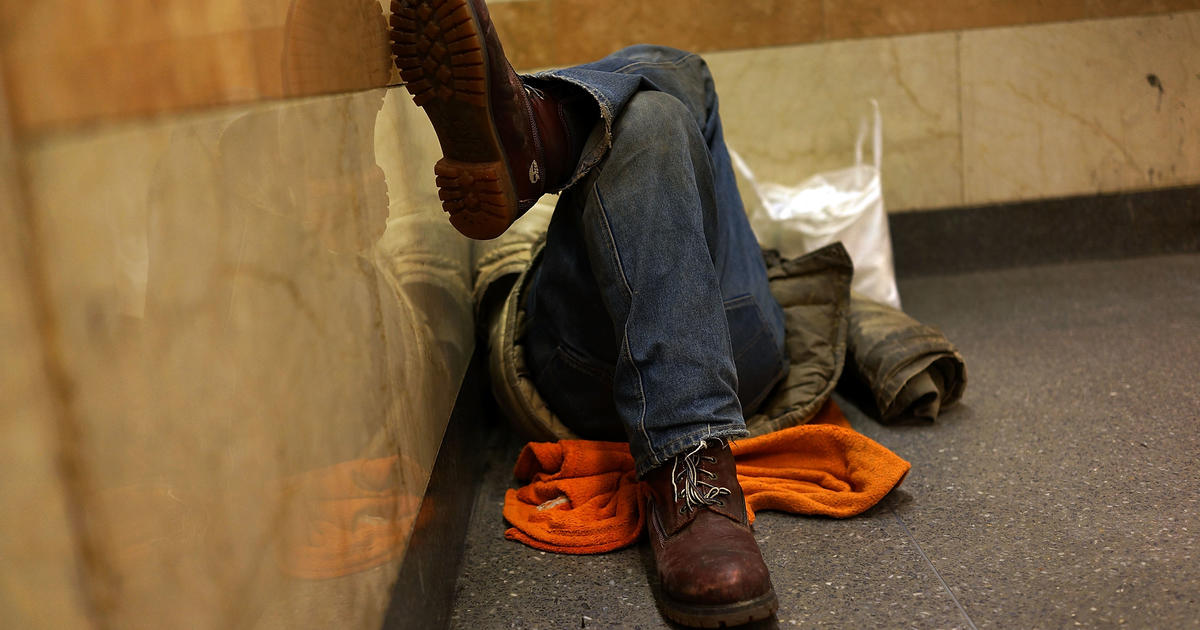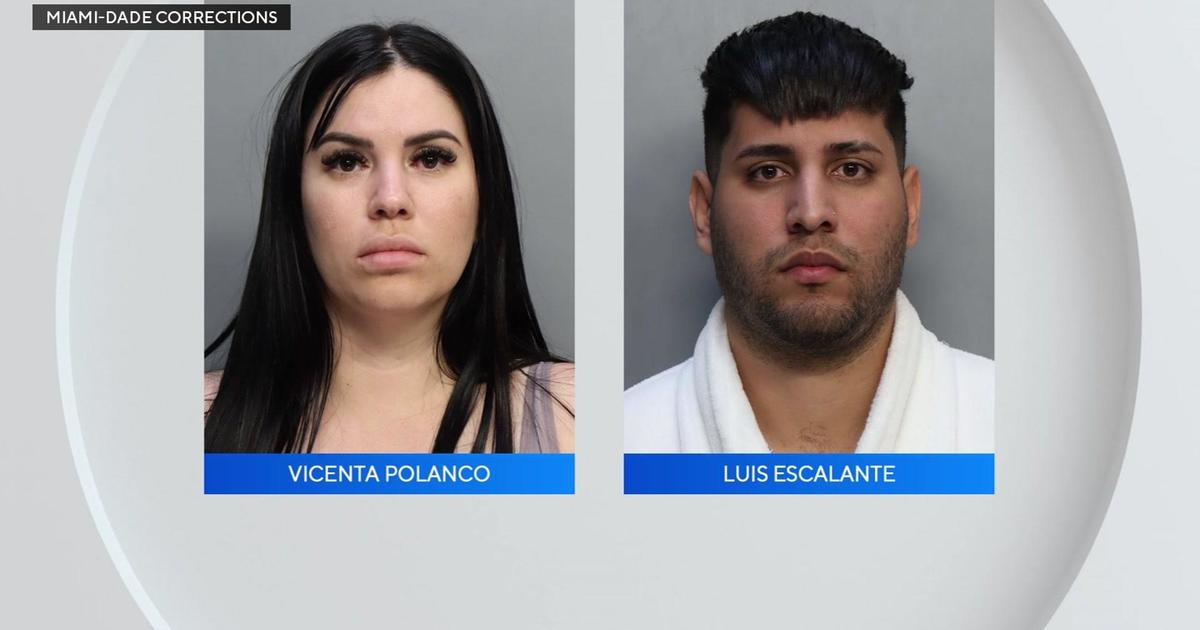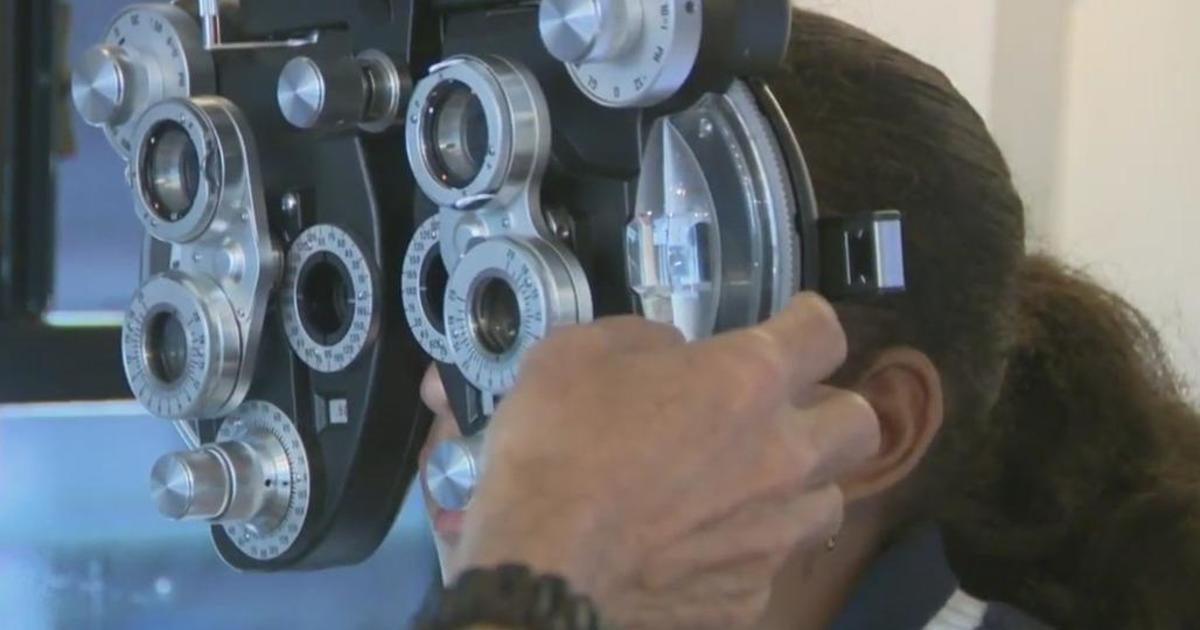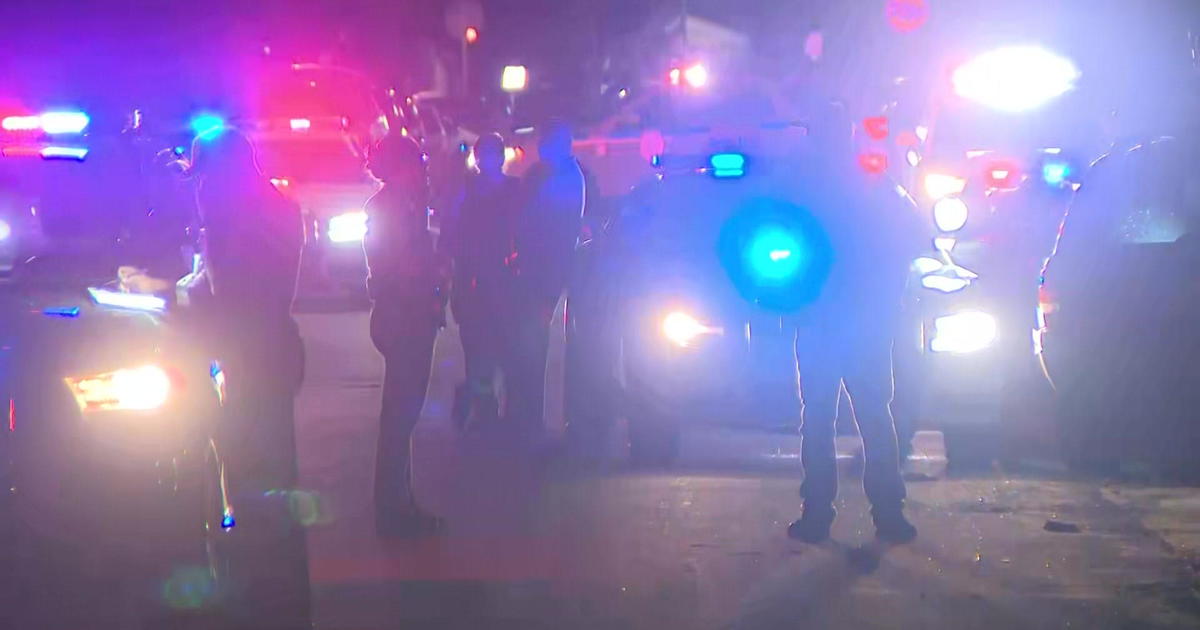Miami-Dade County's COVID-19 Screening Program 'Sheds New Light' On Infection Rates
MIAMI (CBSMiami) – The number of positive COVID-19 cases in Miami-Dade County appears to be much higher than is actually being reported, according to results of a preliminary study by Miami-Dade County and the University of Miami Miller School of Medicine.
The early findings of SPARK-C, the Surveillance Program Assessing Risk and Knowledge of Coronavirus, a public-private partnership designed to determine the actual rate of COVID-19 exposure in the community found 6% of participants tested positive for COVID-19 antibodies, which equates to 165,000 Miami-Dade County residents.
This figure directly contrasts with testing site data.
As of Friday afternoon, there are 10,700 positive cases, according to the Florida Department of Health, suggesting that the actual number of infections is potentially 16.5 times the number of those captured through testing sites and local hospitals alone.
Researchers say they are "95% certain that the true amount of infection lies between 4.4% and 7.9% of the population, or between 123,000 and 221,000 residents. These results are similar but not identical to other recent, non-randomized testing programs that have been conducted throughout the United States."
There are 2.75 million residents in Miami-Dade County.
To date, nearly 1,800 individuals have participated in the program which represents 85% of residents who were randomly selected to participate in the initiative; participants voluntarily shared information about their health, and gave two drops of blood to determine whether they had produced antibodies to the novel coronavirus infection.
Testing for antibodies helps approximate the prevalence, or amount, of infection within our community at a given time.
Because the test relies on the level of antibody production in each individual's blood, there is an 89 percent to 91 percent accuracy rate.
"While this is not a perfect measure, and all antibody tests for coronavirus have known limitations, we believe that our data sheds new light on what is happening in our community. Prior to this testing effort, our best available information came from public testing sites, hospitalization data and the medical examiner reports."
Researchers say out of those who tested positive for the antibodies each week, more than half had NO symptoms in the seven to fourteen days prior to screening. Quantifying the number of asymptomatic individuals with infection is critically important for public health, as these individuals do not feel sick or unwell, and may unintentionally transmit the virus to others. This is particularly true for vulnerable population groups who may be at increased risk for hospitalization and death from COVID-19.
Early results from the study also found that African American and Caribbean communities may be twice as likely to be infected with COVID-19 than other racial groups.
"While we cannot fully explain these differences yet, we are committed to trying to address them. We will work with key leaders across the County to determine how to best increase testing opportunity, as well as, support navigation to resources to further reduce exposure and transmissibility of infection."
Community testing will continue and researchers say they will begin retesting participants to provide insight into how long antibodies persist providing an invaluable tool to help "manage the curve" and get our community safely to work again.
This first-in-the-nation survey is using DMG tests, a health care product offered by South Florida-based Disaster Management Group (DMG) to state and local governments, as well as commercial organizations around the world. The rapid blood test, with results available in just 15 minutes, is a screening tool for COVID-19 created in partnership with BioMedomics. More than 2 million tests have been administered around the world since the outbreak in Wuhan.
Currently, Florida and most of the rest of the United States use PCR tests to evaluate candidates for the presence of COVID-19. PCR tests involve taking a swab from the candidate's nose and throat to check for the DNA of the virus.



